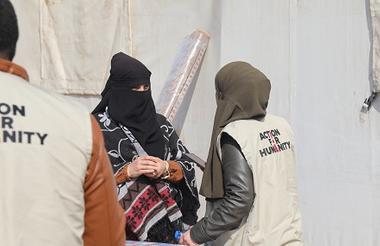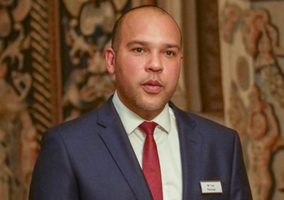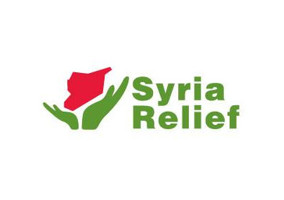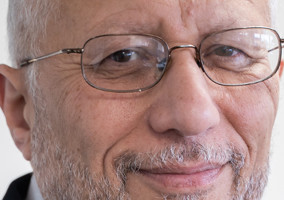Action for Humanity was forged in the flames of crisis and destruction, carnage and destruction, chaos and death. We began our life in 2011 as Syria Relief, a group of Syrian ex-pat doctors and other professionals who had seen tensions spiral into conflict, and uncertainty descend into humanitarian needs which grow to this day. We collected some humanitarian aid and it grew from there.
However – despite over 12 years of dealing with victims of crises in Syria and across the region – on 6 February this year, we, like many people living and working across northern Syria and southern Türkiye, had our lives turned upside down by the 7.7 magnitude earthquake and its aftershocks.
Our staff, many of whom had decades of experience supporting people impacted by disaster, now also needed support due to disaster and they went from being aid workers to aid beneficiaries.
Some 35 members of our staff lost loved ones in the crisis and, six members of our team were killed.
Initial response
As soon as the disaster struck, our priority was to make sure our staff and their families were as safe as possible as well as being able to be mobilised to support the countless other people who needed life-saving assistance – the very reason our organisation exists. However, whilst we had to do this as soon as possible, we did not want to do it incorrectly and risk doing it wrong.
The first course of action was to secure accommodation for our team, in the immediate aftermath of the first quake and amidst the subsequent aftershocks (of which there were hundreds), our team secured temporary shelter for our staff as close to, but outside of, the impacted area as possible so families and belongings could be moved.
Our staff could then concentrate on saving people in the rubble and getting aid to those who had lost everything. Within 24 hours of the first quake, all of our staff who needed temporary shelter had it and we had already fully mobilised, whereas other organisations were unable to do this until a week, sometimes two weeks, after the first earthquake.
Internet and mobile phone access were nearly non-existent in the immediate aftermath so we created a peer-to-peer support mechanism where colleagues reached out in person and facilitated movement of other colleagues to the office initially, and then to a safer place within hours.
HR was a key part of the emergency work under the amazing leadership of the head of programmes who led the movement with his physical presence. We supported staff who had lost their cars with temporary vehicles, and members of our team who still had vehicles helped transfer people to safety.
Acting like a family
We also offered staff financial support. I myself went straight to our office in Türkiye, where both our operations there and in Syria operate from, and sat with all members of staff and ensured all of their financial needs were met. Staff who needed it due to losing their homes were given resettlement payments. We were all impacted to differing degrees and we all helped each other depending on our circumstances. I aim to create a family-like environment in my teams, but we were not just speaking like a family – we were acting like a family. Not just with our colleagues, but with all who were impacted by the conflict.
As a result, not only were we able to provide aid to more than 500,000 individuals impacted by the earthquake, through programmes such as provisions of food assistance, essential non-food items, clean drinking water, mobile clinics and supplying health centres and hospitals with medicines and other items. But our reputation as an organisation has secured us more funding.
Many donor organisations heard from our staff the excellent aftercare provided to them and realised we are an organisation that does not just care for our beneficiaries, but we care for our staff and volunteers too. We secured multiple new funding agreements as a result of this. Three DEC member charities, six international NGO partners and two UN agencies agreed to fund us as an implementing partner for new aid projects and three existing partners signed new agreements with us as implementing partners.
Learning lessons
Did we get everything right? No, of course not. We are going through the process now of talking to staff and finding should our staff face such extreme peril again how we can act even better. But the result is that due to us prioritising effective, efficient and immediate staff care, we were able to support thousands more people impacted by the earthquake, secure more funds and improve staff wellbeing.
We improved staff morale in the wake of all-encompassing tragedy and we improved organisational reputation amongst our peers. On top of this, our staff know that should the worse happen again - and we pray it never does – that Action for Humanity will prioritise them, so they can prioritise the people who need humanitarian aid.
As the pandemic taught us all in the charity sector – we, and our staff whose job it is to provide help, can need help at any time. You cannot support service users without ensuring the service providers are supported.
Related articles












